When it comes to Black artistry, entertainers are often judged by their authenticity and how that correlates to their Blackness...or what the public perceives as Blackness at the time.
Despite Black musicians playing a pivotal role in the creation of today's most popular music genres, many Black artists have faced criticism for making white music — everyone from Whitney Houston to Beyoncé and, most recently, Lizzo.
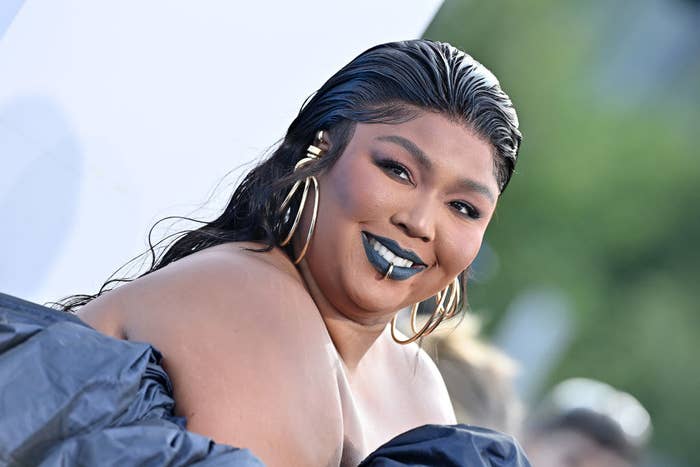
During a recent interview with Vanity Fair, Lizzo explained why "making music for white people" was the "biggest criticism" she's received.
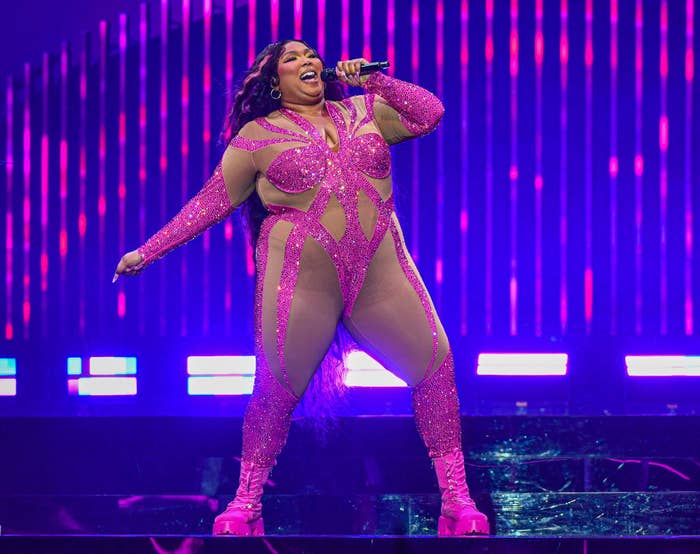
"When Black people see a lot of white people in the audience, they think, 'Well this isn’t for me, this is for them,'" Lizzo said. "The thing is, when a Black artist reaches a certain level of popularity, it’s going to be a predominantly white crowd."
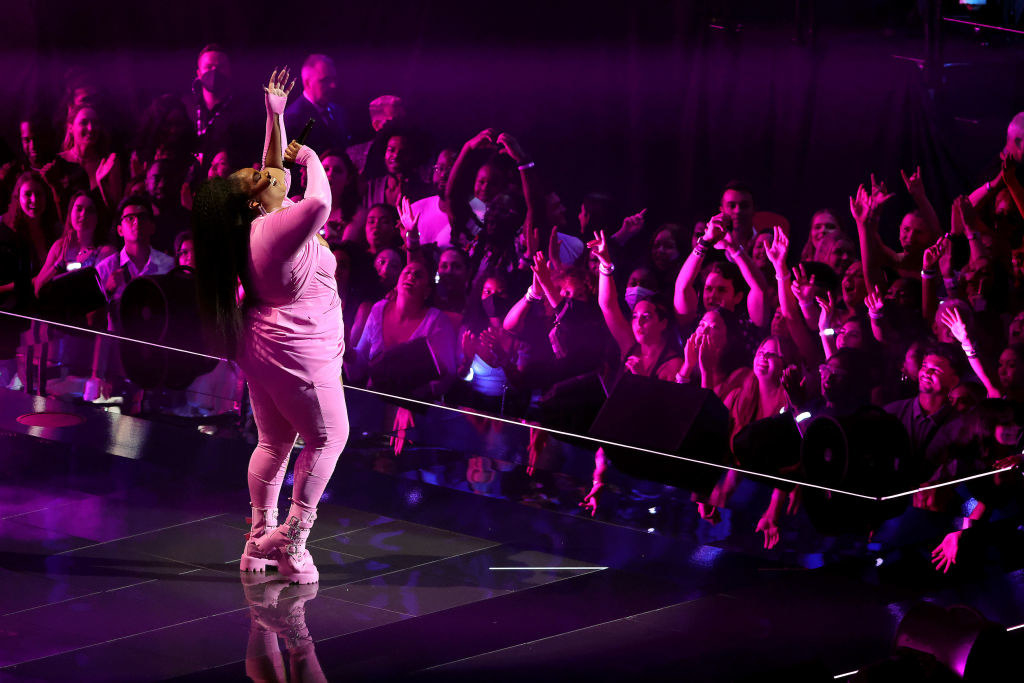
The Emmy Award winner used popular artists like Tina Turner, Diana Ross, and rappers as examples to stress her point about the makeup of an audience once a certain level of fame is reached.

"I am not making music for white people," Lizzo continued. "I am a Black woman, I am making music from my Black experience, for me to heal myself [from] the experience we call life."
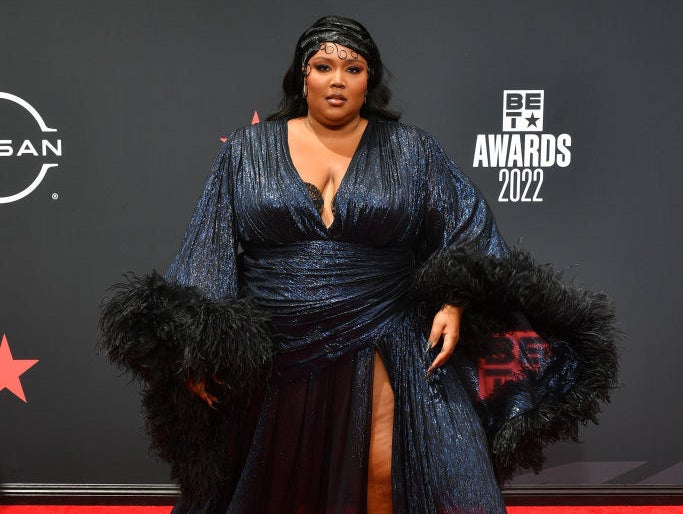
"If I can help other people, hell yeah. Because we are the most marginalized and neglected people in this country. We need self-love and self-love anthems more than anybody."
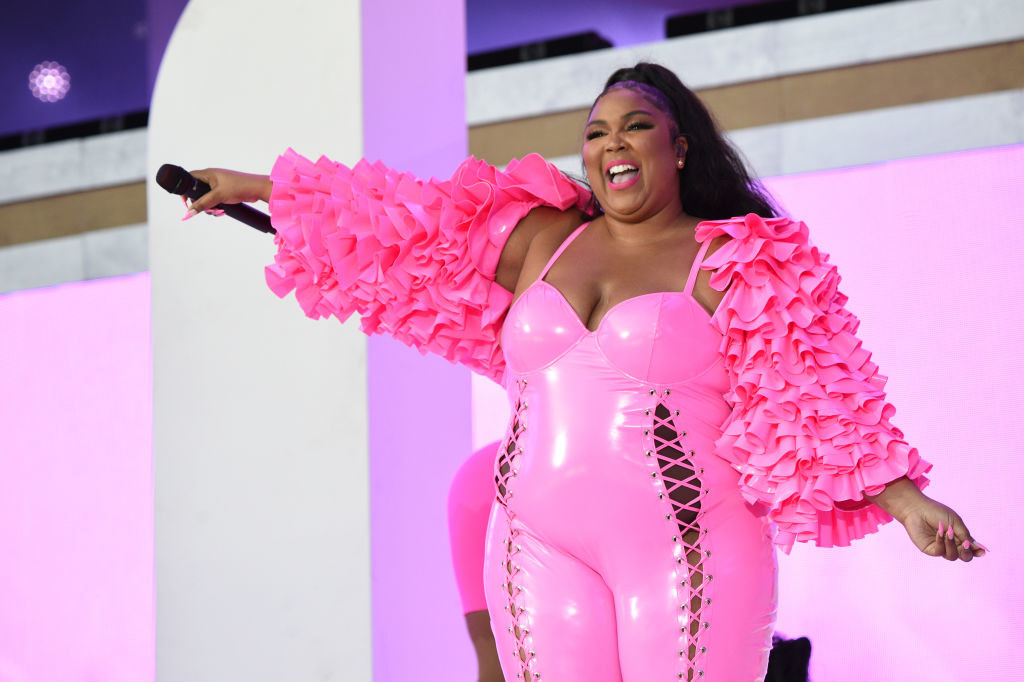
"So, am I making music for that girl right there who looks like me, who grew up in a city where she was under-appreciated and picked on and made to feel un-beautiful? Yes."
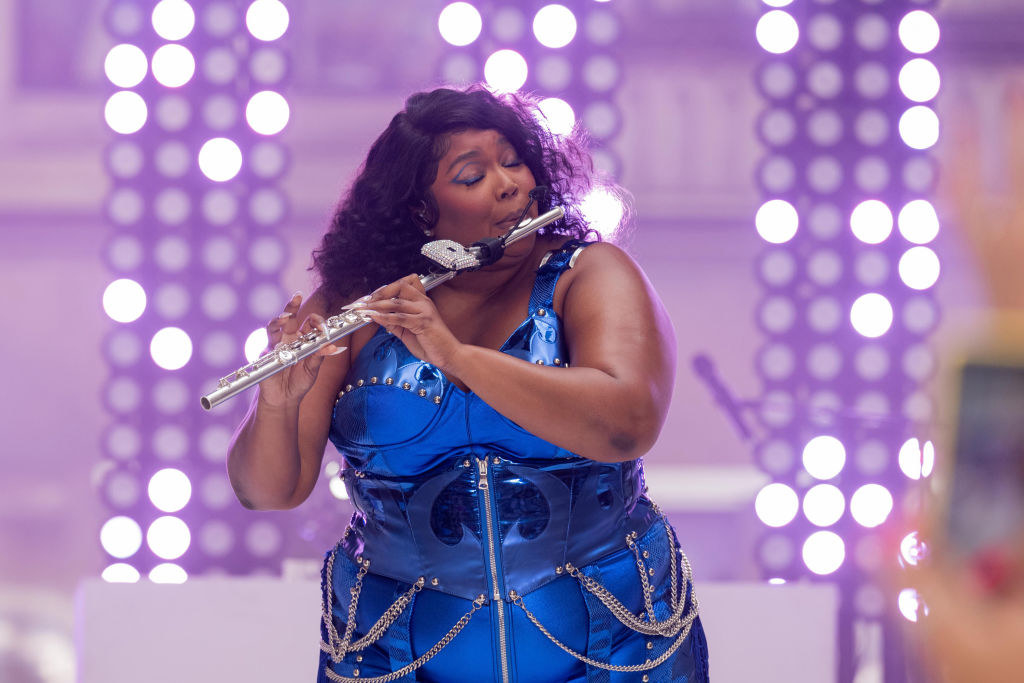
She went on to say that as a Black musician it "blows [her] mind" how some people believe she isn't creating music from a Black perspective when she's lived that perspective day in and day out.
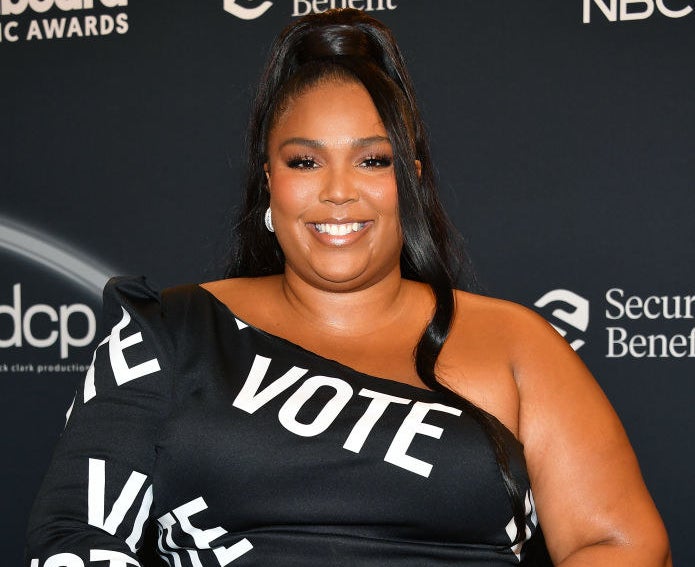
The constant online criticism and comparisons truly affected Lizzo for a while, until other Black women would introduce themselves, explaining how much Lizzo had inspired them.
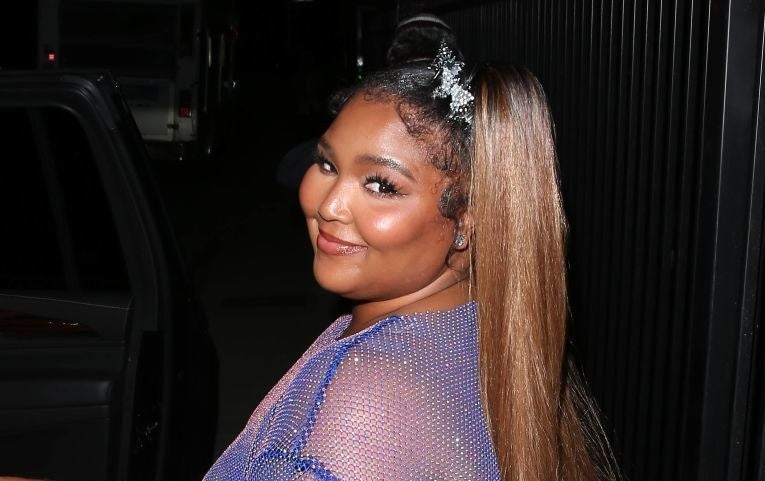
And it just goes to show that it's perfectly fine to not like or relate to someone's music, but not all criticism is constructive.
To learn more about Lizzo, check out her full Vanity Fair interview.
